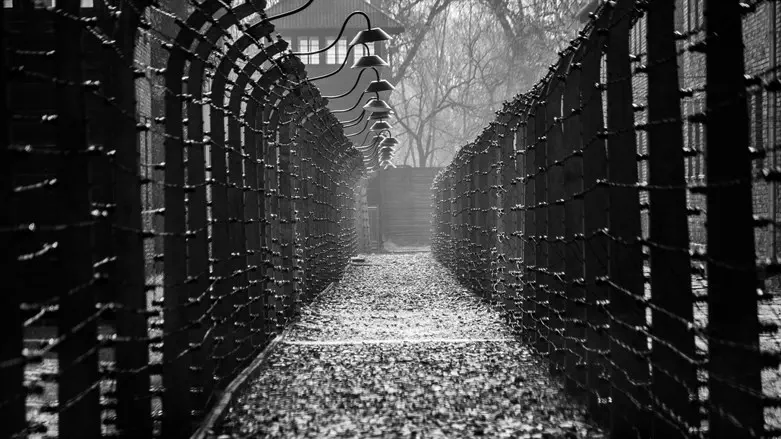
Four Holocaust survivors were awarded the first Simon Wiesenthal Prize for their civic engagement to combat antisemitism and for their work on Holocaust education.
Lily Ebert, Zwi Nigal, Karl Pfeifer and Liliana Segre were the first to be given the new honor, created by the Austrian parliament,
for sharing their testimonies with the public as Holocaust survivors and for dedicating their lives to Holocaust education and fighting antisemitism.
Lily Ebert was born in Hungary in 1923 and deported to Auschwitz in 1944, where her mother, younger brother and sister were murdered. After four months, Ebert and two of her other sisters were put to work in a munitions factory near Leipzig, where she was liberated by U.S. troops. Via Switzerland and Israel, she arrived in England in 1967 with three children. Today, her great-grandson, Dov Forman, runs a TikTok account for Ebert with over 1.6 million followers and has also published a book with her.
Zwi Nigal was born in Vienna in 1923. Nigal fled to Palestine in 1939 and fought in the British army against Nazi Germany. His father was murdered in the Holocaust. In 1946, Nigal returned to Vienna as a British soldier, but did not want to live there anymore. He joined the Haganah and fought in the War of Independence in 1948. Since his retirement, he has lectured as a contemporary witness to an average of 1,500 schoolchildren each year in Germany and Austria.
Karl Pfeifer was born in Baden near Vienna in 1928 and fled to Hungary with his parents in 1938. He managed to escape to Palestine and returned to Austria in 1951. Pfeifer is active as a journalist and was editor of the "Gemeinde", the official newspaper of the Jewish Community of Vienna. Until 2005, he worked as a Vienna correspondent for Israeli radio and as a freelance journalist for magazines. He is active in his work against antisemitism.
Liliana Segre was born in Milan in 1930. In 1944, at the age of 13, she was one of 776 Italian children deported to Auschwitz. Only 25 survived. To this day, Segre remains active as a contemporary witness on television, in theatres and in schools. She has become one of Italy's most important moral authorities. Segre is president of the Special Committee against Intolerance, Racism and Antisemitism and a member of the Parliamentary Committee on Children and Adolescence. She is also the author and co-author of numerous articles and books. She is particularly concerned about communicating with children and young people.
The prize is the first of its kind in Europe. It honors individuals or groups annually as a “distinction for their special civil society commitment to combating antisemitism and raising awareness about the Holocaust.”
The honor is an initiative by the National Fund of the Republic of Austria for Victims of National Socialism.
In July 2020, an Austrian parliamentary committee voted to create the award, named after Simon Wiesenthal, the late Austrian Holocaust survivor and Nazi hunter.
The goal is “to encourage others to raise their voices,” said Wolfgang Sobotka, president of the National Council, Austria’s lower house of parliament.
For the 2021 award, the National Fund received 284 applications from over 30 countries. The jury selected 10 entries for shortlisting and the Fund’s board of trustees selected the final winners.
